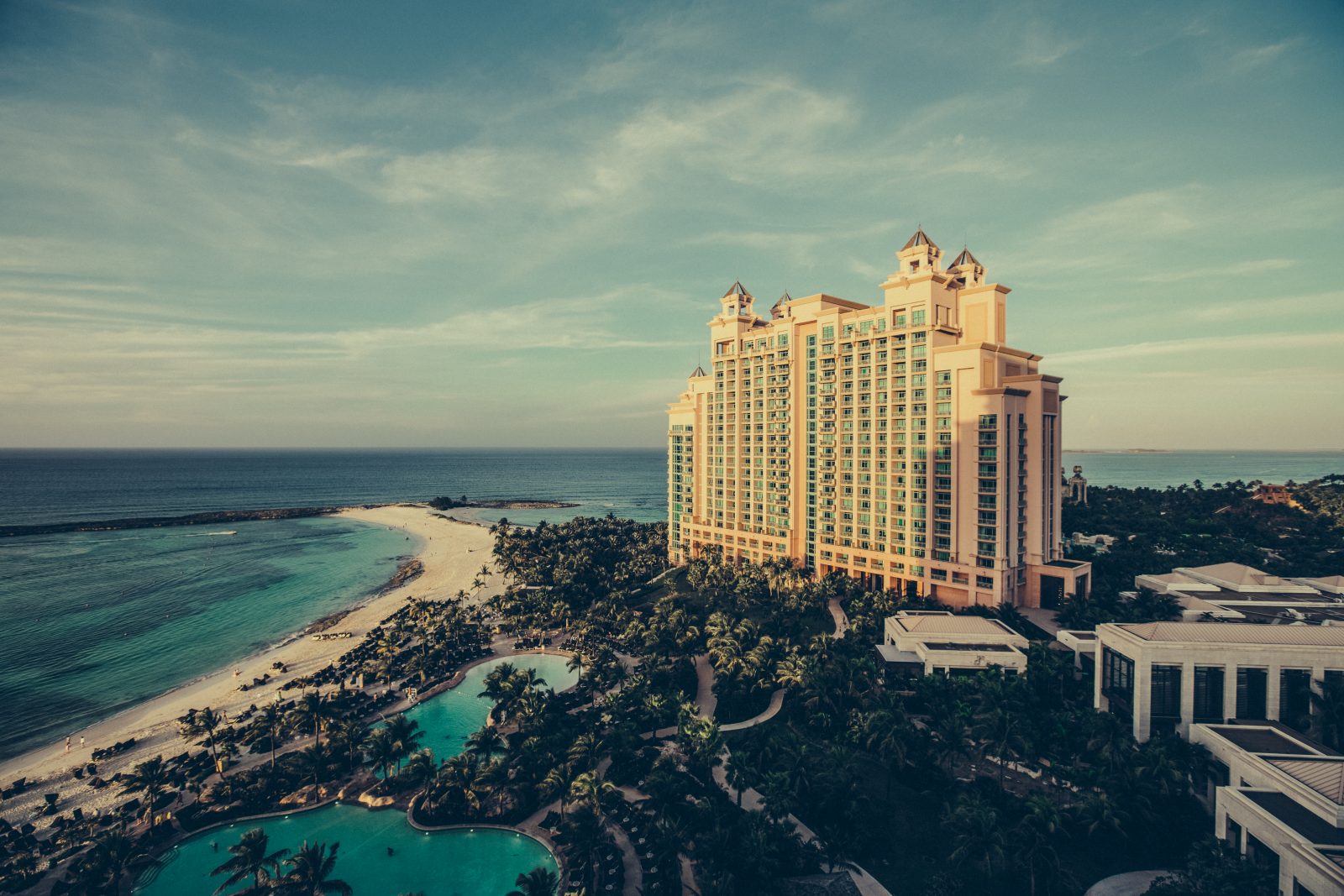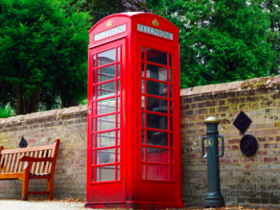One of the biggest expenditures during vacations are hotels. Finding lodgings that meet your needs at a reasonable price can be a serious headache. In the worst case scenario, they can break the bank and end your vacation prematurely.
Don’t let this happen to you. Here are three tips that you should keep in mind when planning your next vacation:
Plan Your Vacation for the Off-Season
Every popular vacation spot has an ideal time of year, but you shouldn’t visit until the off-season if you want to save. Off-season months vary by location. In New York, for instance, prices are cheapest during January and February. In Las Vegas, May and August are the least expensive months.
Do some research as you plan your upcoming vacation. Not only will lodgings be less expensive, but plane tickets and activity packages will also go down significantly in price. You could save hundreds to thousands of dollars by simply holding off on your trip.
Read the Fine Print
Hotel chains often use deceptive practices when it comes to advertising rates. There are a plethora of hidden fees that consumers often don’t know about until the bill is due. Some unexpected costs include energy surcharges, mandatory valet parking, and resort fees. While these fees may cost a trivial amount each, they can add up to a ridiculous sum.
In order to compare hotels and find the best rate, some additional legwork is needed. Don’t take advertised rates at face value; be sure to research each hotel for complaints about any nasty surprises. Websites like Consumer Affairs can scoured for information on hidden fees.
Bring Your Travel Trailer
Not looking forward to unpacking five suitcases every time the family settles down at a hotel? You don’t have to. If it is an option, bringing a travel trailer can help you save serious cash on lodgings. RVs also allow families to connect with the nature in a way that would otherwise be impossible. While staying at new lodgings can be considered part of the “vacation experience”, bringing a trailer can help travelers enjoy nature and save money for more exciting uses.
Considering that the average cost of hotel stays are increasing every year, purchasing an RV could be a good long-term investment. Even if you don’t own a trailer, renting an RV is a good option. A week-long rental for a typical RV generally runs around $1,000. RV parks charge approximately $35-50 dollars per night, but many states have safe areas where families can park overnight for no charge at all.
Most trailers can comfortably accommodate two to five adults, depending on the model. They allow families to be flexible, should vacation plans change. However, keep in mind that you should call campgrounds ahead of time to ensure availability, if you will be visiting very popular destinations.
You don’t have to break the bank on your upcoming trip. Planning your vacation for the off-season can reduce costs dramatically. Thoroughly researching advertised hotel rates can prevent unexpected fees from putting a damper on your experience. If you want to seriously decrease the cost of lodgings, bringing or renting an RV can help your family save money for additional activities or souvenirs. With this advice in mind, you should be able to make the most out of your vacation.
























